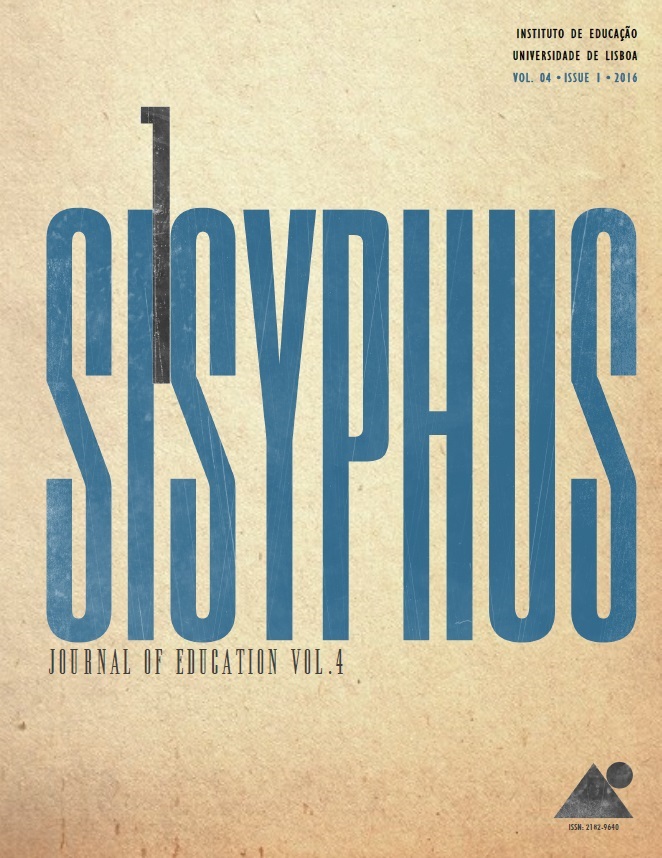Can we Talk of Educative Modernity without Metaphors? The Example of the Agricultural Metaphor in the Pedagogical Work of Célestin Freinet
DOI:
https://doi.org/10.25749/sis.10463Palabras clave:
Educative modernity, Metaphor, Horticultural metaphor, Célestin FreinetResumen
In this study we shall try to understand the way educative modernity, through the pedagogical work of Célestin Freinet (1896-1966), can be expressed by the use of metaphors. In this case, the agricultural metaphor. In this context, the author, influenced mainly by the work of Paul Ricoeur, Daniel Hameline and Naninne Charbonnel on metaphor, will attempt to understand whether or not the agricultural metaphor is opened to symbol and to question the nature of the symbol itself, which starts in the metaphor and goes up to a semantical level which is more speculative in nature than properly educational. In this context, the pedagogical work of Freinet will be analysed in order to illustrate in a better way not only the massive use of the agricultural metaphor but also to question the educational and hermeneutical meaning of that use itself. This questioning will be in itself part of the answer to the initial question and it also opens the way to other and new interrogations even if they generate themselves a “conflict of interpretations” (Paul Ricoeur, 1969).
Descargas
Descargas
Publicado
Número
Sección
Licencia
Copyright (c) es propiedad de Sisyphus – Journal of Education. Sin embargo, alentamos que los artículos publicados en la revista se publiquen en otro lugar, siempre que se solicite el permiso de Sisyphus y los autores incorporen nuestra cita original y un enlace a nuestra página web.
Política de Autoarchivo
Los autores pueden autoarchivar la versión final publicada de sus artículos en repositorios institucionales, temáticos o páginas web personales e institucionales.
Suscriptor de DORA
El Instituto de Educação de la Universidade de Lisboa, editor de Sisyphus, es uno de los suscriptores de la Declaración de San Francisco sobre la Evaluación de la Investigación (DORA).





